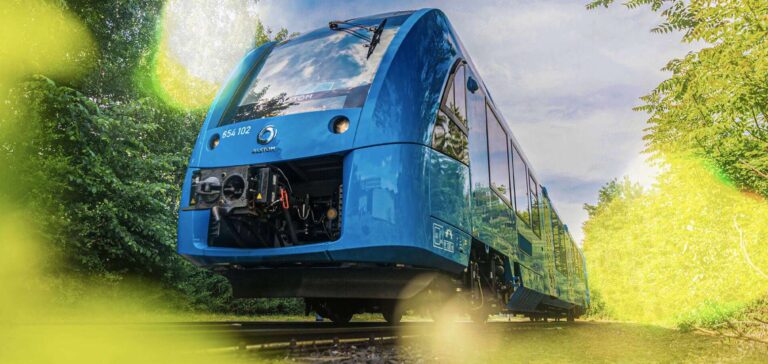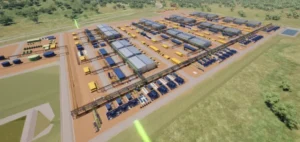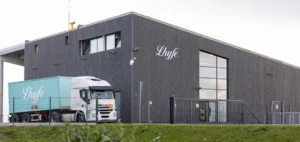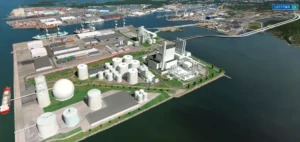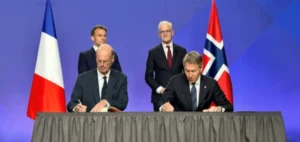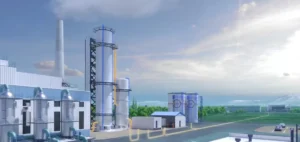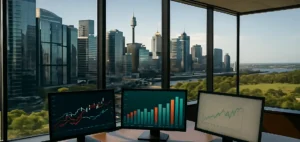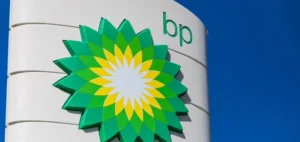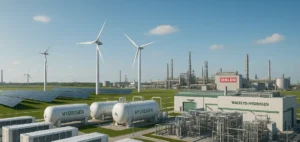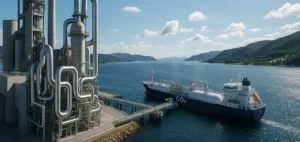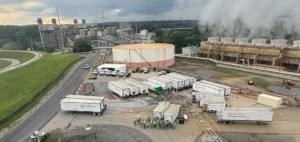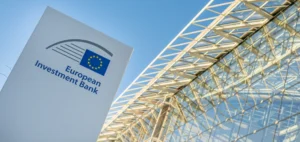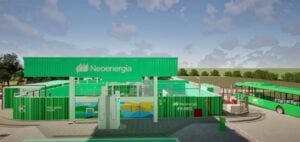This is a historic announcement for the French rail industry.
Alstom has just received an order for twelve dual-mode electric-hydrogen trains.
Alstom receives order for twelve dual-mode electric-hydrogen trains
The French manufacturer will deliver twelve dual-mode electric-hydrogen trains for four French regions: Auvergne-Rhône-Alpes, Bourgogne-Franche-Comté, Grand Est and Occitanie.
Two more may be added for the Grand Est region.
A historic first in the rail sector, following the order placed by SNCF Voyageurs with the French rail operator.
The trains will come from the Coradia Polyvalent range.
These trains will have a range of up to 600 km on non-electrified lines.
Alstom is considered one of the pioneers of the hydrogen train.
This project will mobilize over 2,000 jobs at the rail manufacturer and its suppliers.
The total cost of the project is 190 million euros.
Enhancing green, sustainable mobility
Alstom has signed a historic first order.
The company intends to develop the use of hydrogen-powered trains, guaranteed “zero-emission” on French tracks.
Alstom’s aim is to drastically reduce greenhouse gas emissions and, to a lesser extent, the noise generated by the trains.
All in all, the first track tests are scheduled for the end of 2023, with a potential commercial launch in 2025.
The transition to green, reliable and sustainable mobility has begun in the rail sector.

